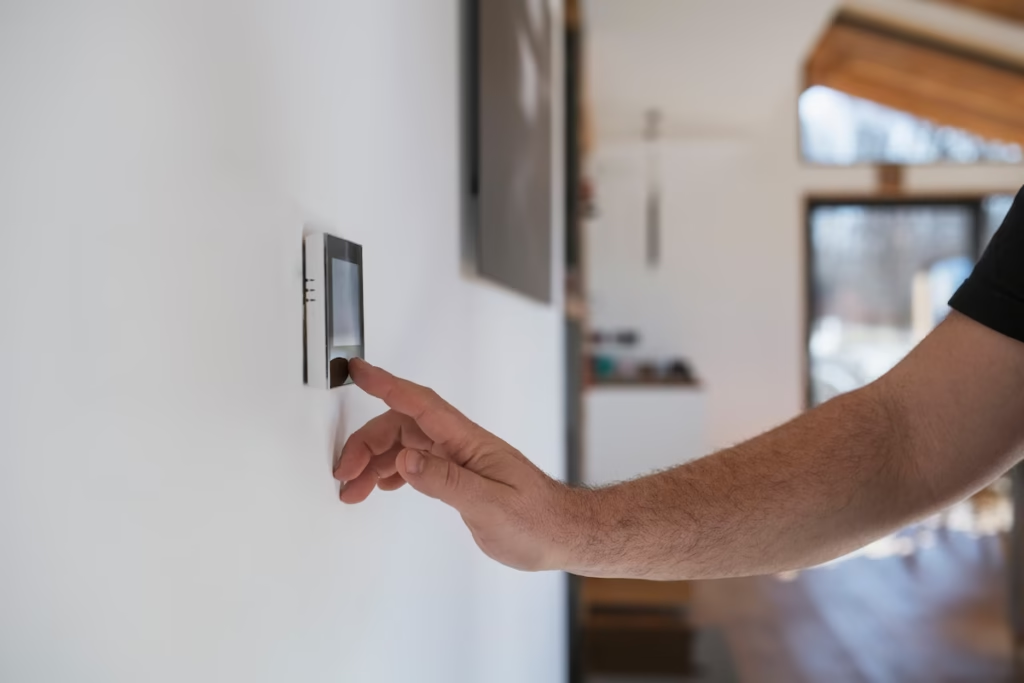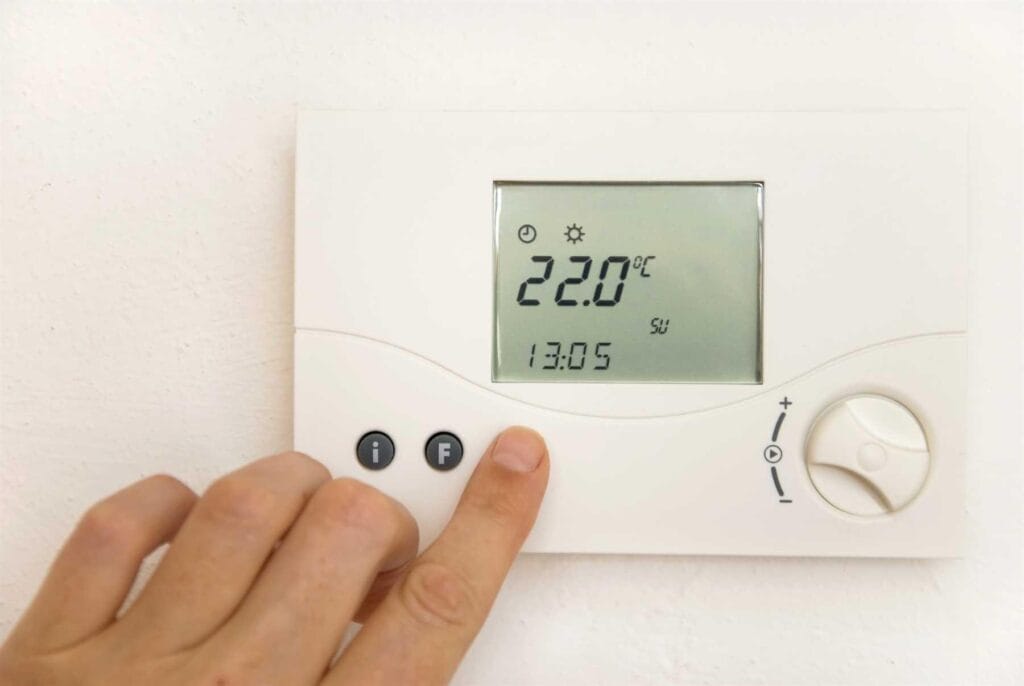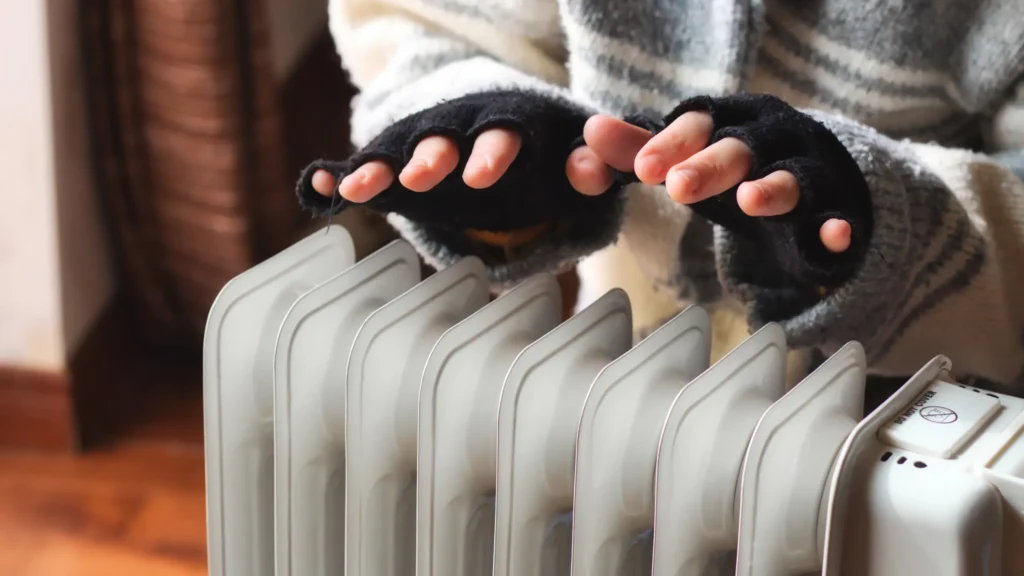Purchasing a second-hand AC can be a cost-effective option, but several factors must be considered to ensure you get the best value. When buying an old air conditioning, checking its AC efficiency, air conditioning lifespan, and refrigerant type is crucial. A used unit may seem like a great deal, but hidden costs could make it more expensive in the long run. Here’s everything you need to know before making your purchase.
1. Check the Age and Condition
The air conditioning lifespan of most units ranges from 10 to 15 years. When buying an old air conditioning, always check the manufacturing date. If the unit is near the end of its lifespan, it may require frequent repairs, reducing its cost-effectiveness. Inspect the unit for visible wear and tear, rust, or damaged coils, as these could affect performance.
2. Evaluate the AC Efficiency
An older model may not be as energy-efficient as a new one. Before buying an old air conditioning, look at its SEER (Seasonal Energy Efficiency Ratio) rating. A higher SEER rating means better efficiency and lower electricity bills. Some second-hand AC units may have outdated technology, leading to excessive energy consumption.
3. Understand the Refrigerant Type
Many older air conditionings use R-22 refrigerant, which has been phased out due to environmental concerns. When buying an old air conditioning, ensure the refrigerant type is still available and legal. If the unit uses R-22, maintenance could be costly and challenging.
4. Inspect the Filters and Coils
A second-hand AC may have dirty or clogged filters, reducing its efficiency. Clean or replace the filters before installation. Additionally, inspect the condenser and evaporator coils for dust buildup, as this affects AC efficiency and cooling performance.
5. Test the Cooling Performance
Before finalizing the purchase, test the cooling capacity of the unit. Turn it on and observe how quickly it cools the space. If the AC efficiency is poor or airflow is weak, repairs may be needed. A second-hand AC with inconsistent cooling may not be worth the investment.
6. Check for Noisy Operation
A well-functioning air conditioning should operate quietly. If you notice excessive noise or vibration when buying an old air conditioning, it could indicate mechanical issues. Compressors and fans in older units may wear out, leading to costly repairs.
7. Review Maintenance and Repair History
Always ask for maintenance records when considering a second-hand AC. A well-maintained unit is more reliable than one that has been neglected. Frequent breakdowns or major repairs in the past can be a red flag.
8. Consider the Installation Costs
When buying an old air conditioning, factor in the cost of professional installation. Improper installation can affect AC efficiency and increase electricity consumption. Additionally, some older units may require modifications to fit modern electrical systems.
9. Compare Prices with New Models
While a second-hand AC is often cheaper than a new one, the savings may not be significant if repairs or upgrades are required. Compare the total cost of ownership, including potential repairs and energy bills, to determine if a new unit would be a better option.
10. Look for a Warranty or Return Policy
Some sellers offer limited warranties on second-hand AC units. When buying an old air conditioning, check if any warranty is available. A return policy can also provide peace of mind in case the unit does not perform as expected.
Buying an old air conditioning can be a smart decision if you take the time to evaluate its air conditioning lifespan, AC efficiency, and refrigerant type. By checking the unit’s condition, energy performance, and maintenance history, you can avoid costly mistakes and ensure reliable cooling. Always compare options before making a final purchase to get the best deal.






